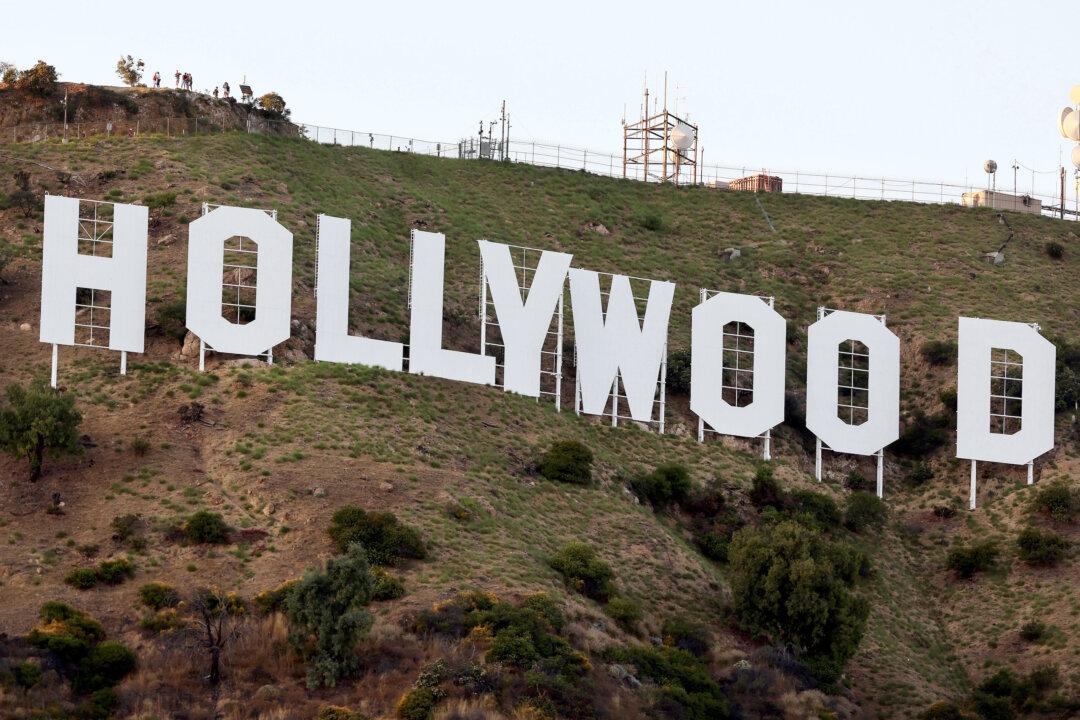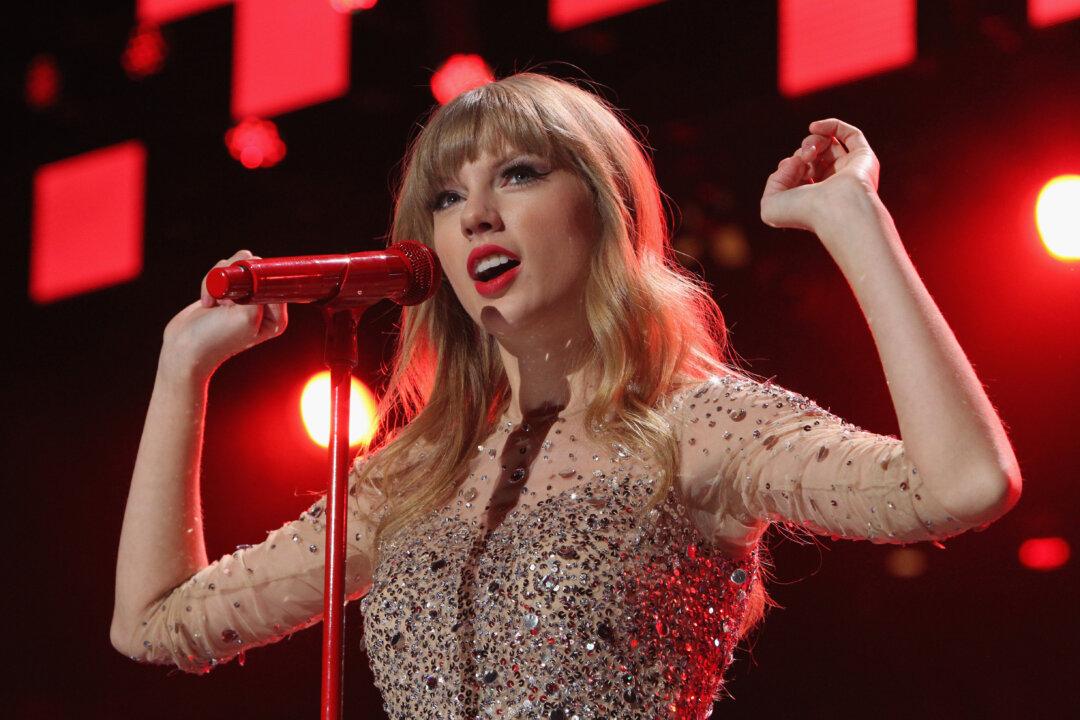It’s been four years since the start of the COVID-19 pandemic, and some show business experts are still blaming the outbreak for Hollywood’s 20 percent loss in movie theater attendance, while other critics point to “woke” characters promoting diversity, equity, and inclusion narratives for turning away audiences.
The view expressed depends on the ideological bent of the publication, and in Hollywood, most of the media reporting is left-leaning.
The Hollywood Reporter recently published an article proposing that the decline in movie theater attendance is a mystery, and that for some reason, audiences are no longer interested in big-budget superhero movies such as “The Flash” and “Aquaman and the Lost Kingdom.”
But conservative commentators have a different take.
2023 Successes
For its part, the female-led live-action “Barbie” garnered more than $1.44 billion in ticket sales worldwide, and director Christopher Nolan’s acclaimed “Oppenheimer” was the No. 3 global earner with $952 million. According to Comscore, the two films made up nearly 10 percent of all domestic ticket sales.“Audiences’ tastes are changing, and it feels like they want more challenging fare,” Paul Dergarabedian, Comscore’s chief box office analyst, told The Hollywood Reporter, adding later that “the sure bets are no longer sure bets.”
Wall Street analyst Rich Greenfield of LightShed Ventures also spoke to the publication, describing the situation as “lop-sided.”
‘Wokeness’ Has Become Wearisome
Film critic and journalist Christian Toto noted the validity of The Hollywood Reporter’s hypotheses about the reason for declining box-office numbers, but also the miscalculations.“The think pieces about Hollywood’s 2024 decline are fascinating, but they often miss key points,” Mr. Toto told The Epoch Times. “Yes, we have more robust leisure options today, from streaming services providing fresh content to YouTube creators who bring wit and wisdom to their videos.”
But Mr. Toto noted that some of Hollywood’s woes are self-inflicted, specifically due to the push to incorporate diversity, equity, and inclusion into storylines.
“Woke storytelling, where diversity too often trumps all, leaves audiences less than eager to go back to the Cineplex,” he said. “The stars’ collective lectures don’t help, either. Select actors are now radioactive to parts of the country, and audiences refuse to see their work in movie theaters.
“Studios seem to dwell in a progressive bubble that doesn’t consider the stories that much of America would love to see but can’t find on big screens in their towns anymore. The success of ‘Sound of Freedom,’ a title discarded by Disney, bears this out,” he added.
Mr. Nolte had his own explanation for the current state of the movie industry, or the “existential crisis” described by The Hollywood Reporter.
“The ‘existential’ truth, and we all know it, is this: Ever since Donald Trump won the presidency in 2016, Hollywood has sought to punish, insult, and alienate Trump voters (half the country) by way of cinematic tantrums that scold and dehumanize us due to our gender, faith, political beliefs, and overall normalcy,” Mr. Nolte wrote.
He mentions Disney’s recent movies and programming promoting LGBT acceptance in children, emasculation of male characters, and criticism of “colonialist” characters such as Indiana Jones.
“On top of that, movie after movie tells us sexual deviancy, mental illness, and narcissism are virtues,“ he wrote. ”Worst of all, our heroes, the very characters that made these franchises golden geese for decades, are deconstructed, portrayed as bigots, and replaced with girls and racial minorities for no good reason other than tokenism.”
Despite Hollywood’s current state of affairs, Mr. Toto said he still has faith in the industry and noted that the recent Golden Globes ceremony showed a welcome side of the Hollywood community.
“The actors appeared more grateful, more eager to thank both the fans for supporting their art and the lesser-known talents who grind behind the scenes to make these movies possible,” he said. “Perhaps dueling strikes and the harsh economic realities facing the industry and the country in general prodded them to be more appreciative of their lavish lifestyles.”







